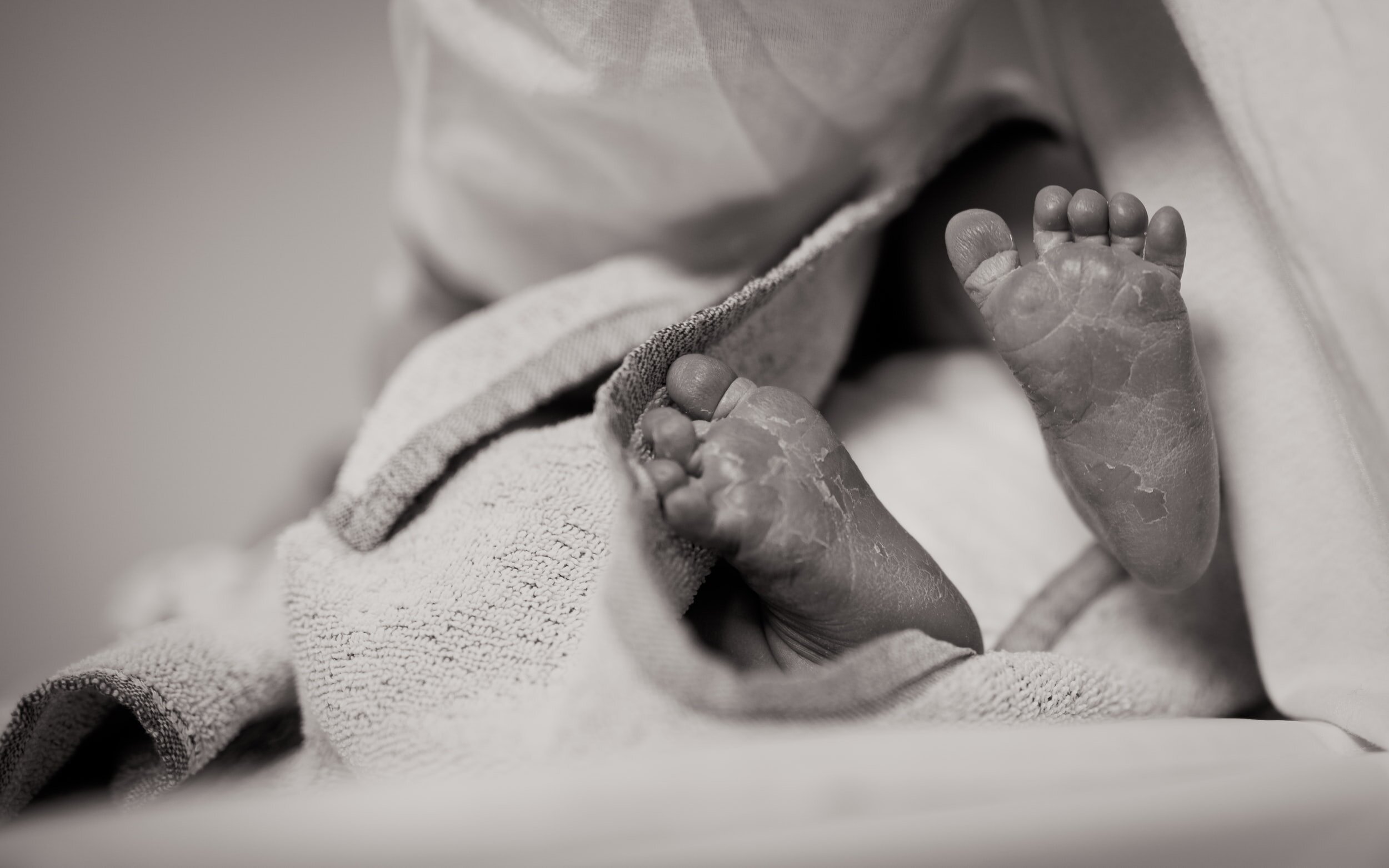Whatever it is, the way you tell your story online can make all the difference.
If you ask me how I was during the first few weeks of my premature son’s life, I wouldn’t be able to give you a definitive answer. I was on auto-pilot mode: everyday, my husband and I visited our newborn at the NICU, and took the lead from the doctors and nurses on what to hold on to and how to proceed. Behind that routine, I rode a pendulum of emotions that swung from hope to grief in an irregular beat.
I found joy in the littlest things— he was awake during our cuddle time, he was graduating from one tube after the other (first his breathing assistance tube, then his gastrostomy tube), he stretched enthusiastically when we unswaddled him. I felt a gnawing pain in the oddest things too—the daily drive to the hospital vividly took me back to how I almost gave birth to him in our car, heavily pregnant ladies in the clinic’s OB floor reminded me how my belly did not get that big, my social media feed suggested “must-list” items for the baby shower we didn’t get to have. And then I felt guilt for feeling bad; I was the first to berate myself for even having those feelings. “Ang arte ko naman.” Because, all things considered (a phrase that sometimes forces you to have the good outweigh the bad), our baby was ok. Shouldn’t that be the only thing that matters?
The premature baby’s health and well-being take center stage, yes, but psychologists have also long-recognized the conflicting feelings that parents of preemies feel in the challenging experience of an early birth. In a 2003 study that explored “ambiguous loss”, American researchers Tamara Golish and Kimberly Powell affirmed how “parents of premature babies underwent various grief emotions as they mourned the loss of a full-term pregnancy and feared for their child’s life and health. However, they were often unable to allow themselves to feel their grief and were unsure how to communicate it because their baby was still alive.” In an environment where more devastating loss easily happens to other families, it seemed almost disrespectful to even acknowledge pain points here and there, and yet they were real, looming menacingly.
These pain points may be any or all of the following:
– losing control over the pregnancy, the child’s birth, and first chapter of their life
– inadequacy and helplessness as a parent, not being skilled or present enough to be there for the child
– bridging expectations (Birth is supposed to be a joyous celebration!) and reality (Why am I not happy all the time? Why is our experience different from others?)
– worry and confusion over medical diagnoses and procedures that were previously unimaginable
– detachment from family and friends who might even be unaware of how to give support
– hesitation over succeeding pregnancies to avoid going through the same trauma again
– continued worry over child’s health and developmental progress
… and so many more. In reality, while parents of preemie babies who thrive and survive have a lot to be thankful for, they still undergo grief that is equally valid.
One stark moment that reminds me of all of these things was going home two days after the birth with no baby. I started sobbing the moment that my husband, Jeb, and I pulled out from the hospital’s parking lot because the uncertainty was at its peak—we were leaving our baby for an open period of time and we had no idea how things would turn out. Jeb suggested that we listen to music, our favorite kind of sanctuary, and played Lauryn Hill and Tanya Blount’s rendition of “His Eye is on the Sparrow” from the movie Sister Act 2. Why should I feel discouraged, why should the shadows come… when Jesus is my portion, my constant friend is He, His eye is on the sparrow, and I know He watches me. I started to calm down. I then turned to thank my husband, this person of quiet calm and strength whom I constantly drew support from, and that’s when I saw him crying too. Stuck in Ortigas traffic, our shared vulnerability allowed us to recognize the rollercoaster of emotions that we have just gone through. In hindsight, I realize that we talked a lot in our car rides back and forth to the hospital during my son’s 29-day NICU stay. Those conversations allowed us not only to tackle all kinds of emotions we had at the time, but also create a workable healing space for all of it.
Kara Wahlin, in her 2015 article “Mourning a Loss That Doesn’t Quite Have a Name: Grief and Loss in the NICU”, encourages parents of preemies to do exactly that: “to recognize that loss; that loss that inexplicably binds our experiences to other parents who also went through a painful experience. In doing so, we not only provide ourselves with a healing space, but we also gain an incredible skill: the ability to teach our children about grief in a culture that would prefer to look away from it. The one thing that it is safe to say we “know” about grief is that if we are feeling it? Something important, something we loved; it is missing.”
If you are a parent of a preemie who is going through this ambiguous but real loss, I hope you find someone you can share and process it with. It doesn’t matter if you are still in the midst of a NICU experience, or if your preemie has emerged victorious from his early birth a long time ago; it makes little difference whether you are speaking your truths to trusted confidantes or an online support system with families who have gone through the same thing— what’s important is that you let it out. As you have probably already discovered in your journey as a parent, joy and grief live side by side. Accepting that symbiosis, when all things are truly considered, makes joy more meaningful and grief more transformative.
Whatever it is, the way you tell your story online can make all the difference.
About the contributor
Jojie Perocho-Garcia has been an educator for 14 years now. She keeps her quarantine days busy with preschool and high school tutorials, reading, watching Kdramas, and being MamaJie to her husband Jeb and kids Alba (4yo) and Rogo (1yo). You may find her on Instagram and Facebook as @teachmomsy where she shares education tips, parenting reflections, and homeschooling highlights.



Leave a Reply